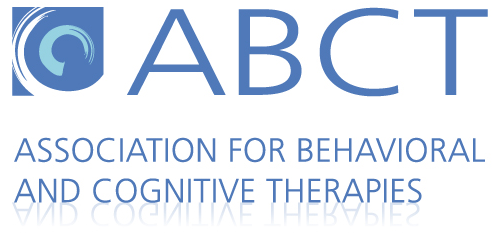Cognitive Therapy
Created on August 5, 2017. Last updated on March 6th, 2024 at 04:45 pm

What is Cognitive Therapy?
Cognitive therapy is a form of treatment based on the notion that many of our emotions are driven by the ways that we perceive or interpret the things that happen around us. Sometimes these thoughts may be unrealistic or unhelpful. For instance, an adolescent might interpret an unclear phone message as suggesting rejection from a friend or he/she may perceive some physical symptoms as evidence of a serious medical problem. Others may set unrealistic expectations for themselves, or harbor concerns regarding their acceptance by their peers or others.
These types of thoughts can contribute to unrealistic, biased, or maladaptive thinking filters that contribute to negative feelings and unproductive actions. So, a teen who unrealistically perceives an unclear text message as rejection, might avoid that friend, assume the friend dislikes her, and feel sad and isolated. Cognitive therapy teaches the teen to challenge those distorted thoughts, to assess the situation more realistically, and to make decisions based on more balanced thinking.
Working with a child or teen to change their interpretations of events or sensations can lead to entirely different emotional responses.
What do you Learn in Cognitive Therapy?
In cognitive therapy, children, adolescents, and their families learn to:
- Distinguish between their thoughts, feelings, and actions.
- Become aware of the ways in which thoughts can influence feelings and actions in ways that are not helpful.
- Learn about thoughts that seem to occur automatically, without the person even realizing how their thoughts may affect their emotions.
- Evaluate critically whether these “automatic” thoughts and assumptions are accurate or biased.
- Develop the skills to notice, interrupt, and correct these biased thoughts independently.
References
Beck, J.S. (2011). Cognitive behavior therapy: Basics and beyond (2nd Ed.). New York, NY: Guilford Press.
Kendall, P. C. (2012). Guiding theory for therapy with children and adolescents (4th Ed.). In P. C. Kendall (Ed.), Child and adolescent therapy: Cognitive-behavioral procedures. New York, NY: Guilford Press.
Weisz, J. R., & Kazdin, A. E. (2017). Evidence-based psychotherapies for children and adolescents (3rd Ed.). New York, NY: Guilford.







